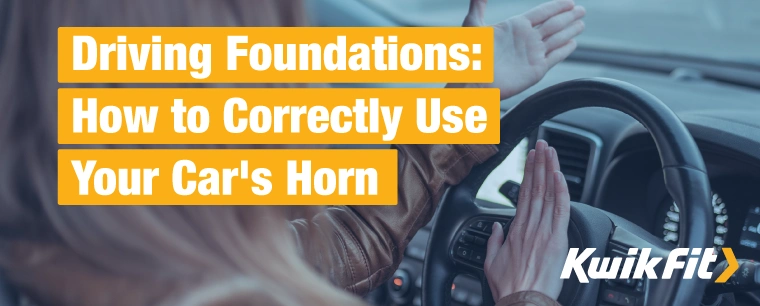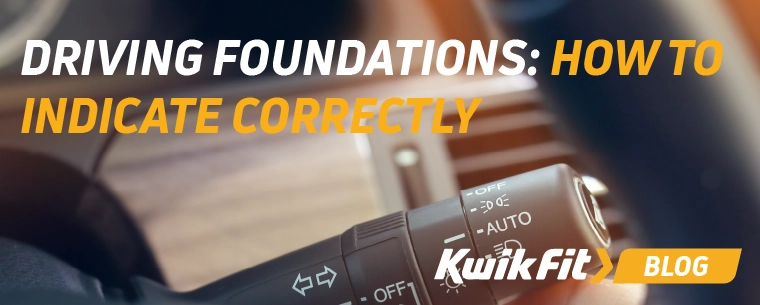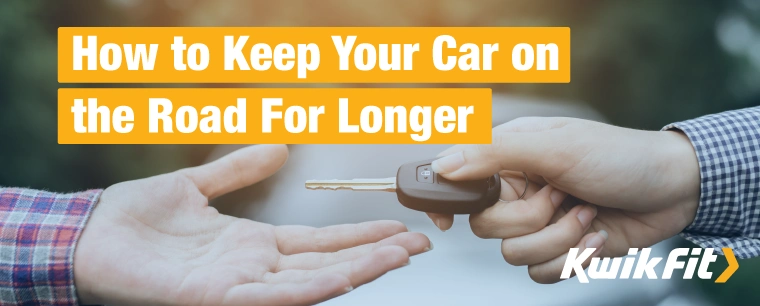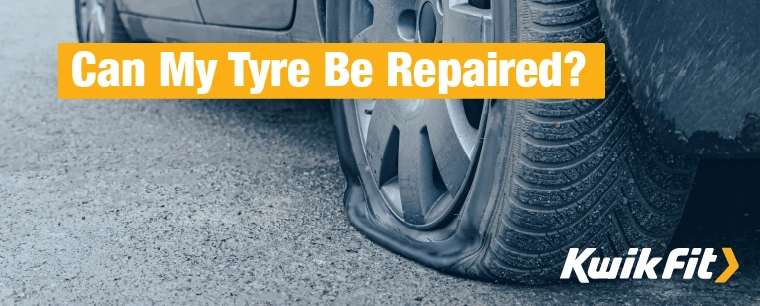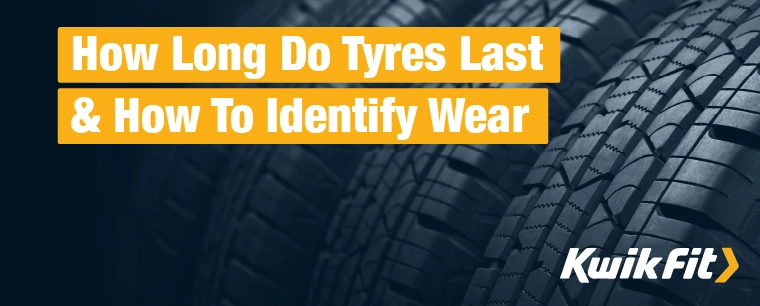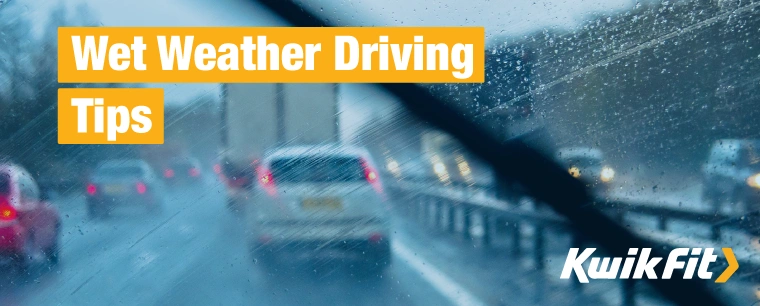Driving Foundations: How to Correctly Use Your Car's Horn
Jack Dreyer | Monday 22nd April 2024 11:00am
Discover the art of using your car's horn correctly. Enhance your road safety and communication with our guide on responsible horn practices.
Driving Foundations: How to Indicate Correctly
Jack Dreyer | Wednesday 17th April 2024 9:30am
We all know the frustration of seeing another car fail to indicate before making a turn, but when should you be using your indicators? Read on to find out.
How to Keep Your Car on the Road For Longer
Jack Dreyer | Monday 15th April 2024 12:00pm
We’re all feeling the pinch, and many of us don’t want to fork out for a brand-new car. So, how do you keep your current car for longer? Read on to find out.
Is The World Making Less Cars?
Jack Dreyer | Wednesday 10th April 2024 12:00pm
In 2023, global motor vehicle production was at 94 million units. But will production rise above re-pandemic levels or have global events changed rates for good?
Are Premium Car Batteries Worth it or Should You Buy Cheap?
Jack Dreyer | Monday 8th April 2024 8:30am
What’s the difference between a premium and cheap car battery? We’ll outline the pros for each type and the factors to consider when choosing your battery.
Featured Articles
Can My Tyre Be Repaired?
Wednesday 22nd November 2023
It can be hard to tell if your puncture can be repaired or not. Read our handy guide to understand if your tyre can be saved or if you need a replacement.
How Long Do Tyres Last & How To Identify Wear
Wednesday 18th October 2023
Driving on old or worn tyres can be dangerous so you need to maintain them properly. Read about how long tyres should last and how to know if your tyres are old.
Wet Weather Driving Tips – Staying Safe in the Rain
Thursday 27th October 2022
Driving in the rain isn’t only a pain but can be surprisingly hazardous – here are our top tips for staying safe in wet & icy weather this winter.

